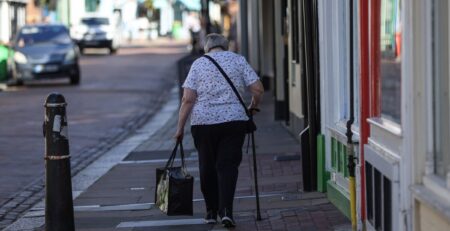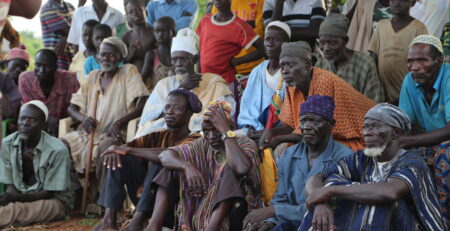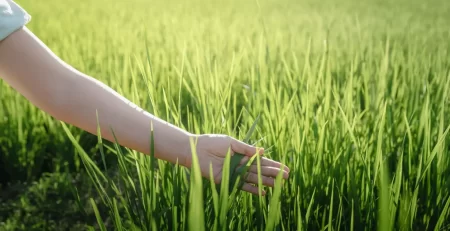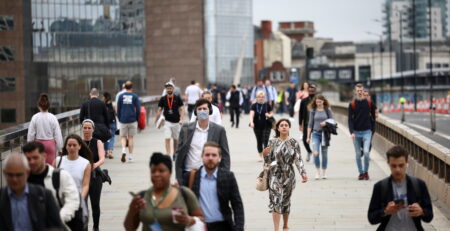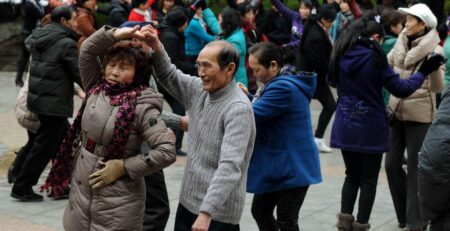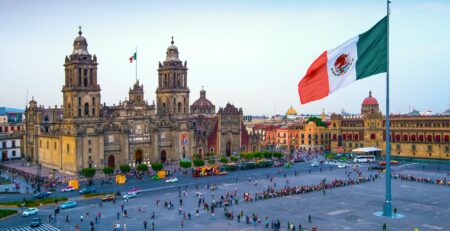Ghana’s Social Protection And Public Choices In The Days Of Covid-19
We cannot know how society protects its weakest and vulnerable, those at the bottom of society from deprivation until a catastrophe such as COVID-19, the ‘unseeable, undead, unliving blob’, to use the words of Arundhati Roy, is unleashed on us.
Read also South Africa. The dichotomy between what pension scheme members want and what they get
Ghana has a sub-optimal social protection system, its inadequacy due to our informal and poor information system. COVID-19 has amplified these weaknesses, unleashing a swath of sufferings, turning modern prophets on their head.
Read also Kenya needs better social protection programmes during Covid-19
Around the world, governments aiming at the greater good are encouraging citizens to stay at home, away from daily face-to-face commerce and interactions. With potential massive job losses and loss of income, many people face challenges in buying food, paying bills, rent, and for some, maintaining any accommodations at all.
Read also Debt headache compounds Kenya’s worries amid fears for economy
Importance of Social Protection
Many governments have introduced social protection measures to mitigate income losses and related social hardships. The methods and effectiveness of these mechanisms have varied from country to country. Canada, Norway and Sweden— countries with generally strong welfare systems and social market models— seem relatively prepared to activate the delivery of targeted assistance. Such assistance, even if not to the intended or ideal scale, includes food sharing, cash payments and unemployment benefits. Delaying tax filing and eviction moratoriums are efforts which have indirect cash relief impacts.
The government of Ghana has speedily and admirably rolled out a number of mitigating mechanisms, including but not limited to three months of free water, free electricity for extremely poor households, and a 50 per cent subsidy to all other residential and commercial (non-life line) customers.
Read more @Modern Ghana



